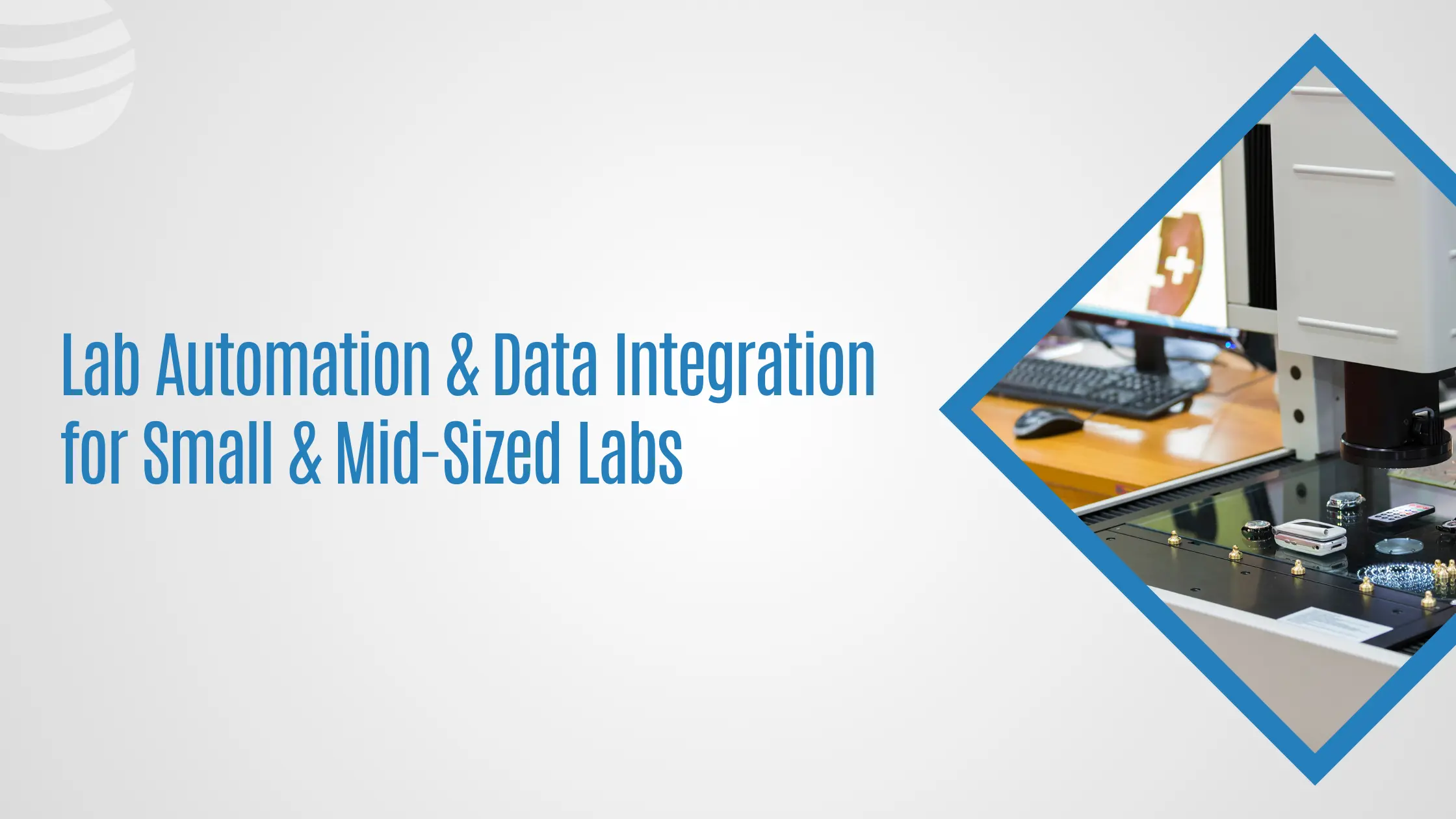The Foundation of Efficiency: Understanding LIS
Laboratory Information System: Enhancing Healthcare Dynamics
Navigating the Benefits: Why LIS Matters
Revolutionizing Diagnostic Precision and Timeliness
Transforming Data Management: The LIS Advantage
Efficiency in Data Organization and Accessibility
The Error-Proof Paradigm: Redefining Accuracy
Minimizing Human Errors through Automation
Seamless Integration, Enhanced Collaboration
LIS as the Catalyst for Interdepartmental Collaboration
Transitioning Towards the Future: The LIS Trajectory
Innovations in LIS: Shaping Tomorrow's Healthcare
Conclusion: The LIS Revolution Unveiled





